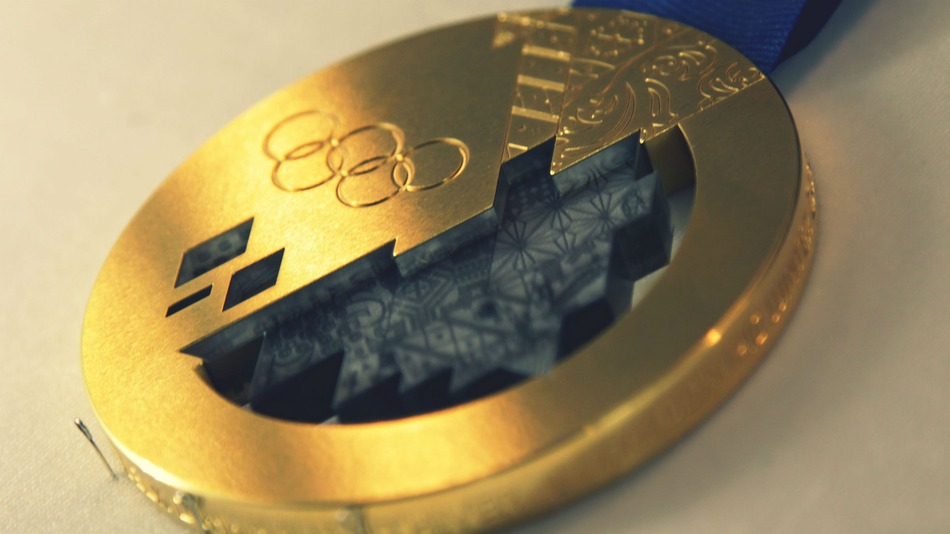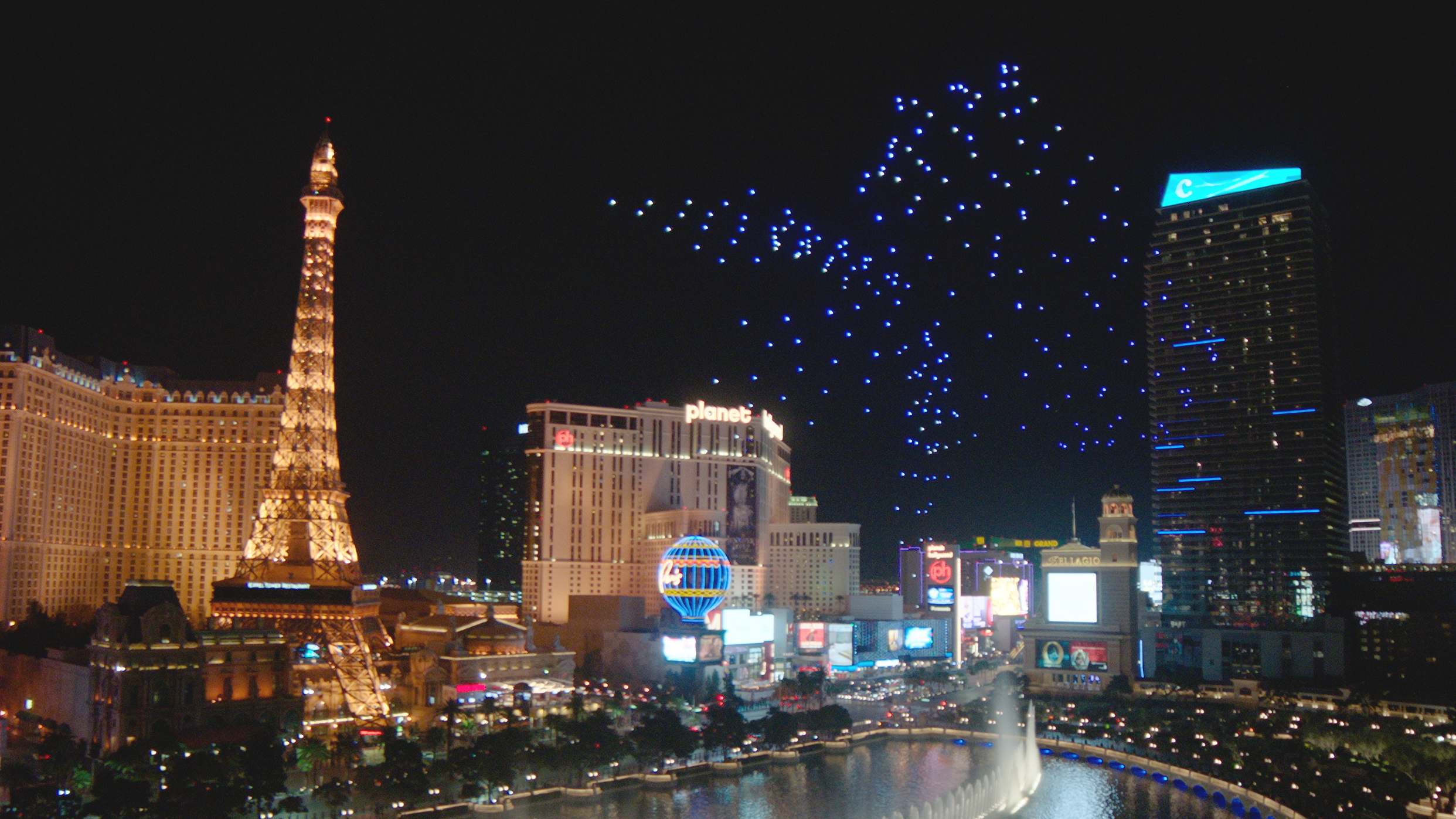
From the city streets to the top of the podium, the 2020 Olympic Games in Tokyo promise to be a showcase of the best tech Tokyo has to offer.
Japan is famed for its engineering and manufacturing expertise, but the technology at the Olympics won't just be for show – the city and the International Olympic Committee (IOC) are using it to make the games more accessible to athletes and fans at the venues, and more fun for viewers watching the action at home.
Mobility for all
Toyota, the Olympic Games’ official mobility partner, is planning to use its battery-operated e-Palette vehicles to ferry guests and competitors around the 2020 Athletes’ Village (which the organizers hope will be powered completely by hydrogen).
Toyota describes these odd, bus-like vehicles as a “mobility ecosystem”. Early concepts have shown how they could be used as a restaurant or store on wheels, but at Tokyo 2020 they’ll serve a more mundane (but useful) job, acting as a short-range shuttle service.

The e-Palette's low floor makes it a great option for Paralympians and guests with limited mobility. “The freedom of being mobile is at the heart of being able to participate in society,” said Akido Toyoda, president of Toyota.
“If someone wants to take on a challenge and moving is what is preventing them doing so, Toyota would like to help tackle that problem. We want mobility to be a possibility, not an obstacle.”
To that end, the company will also be demonstrating fully automated cars in the Toyota Water Front City and Haneda areas in Tokyo. These vehicles have level-four automation, which means they can handle all aspects of driving without human intervention.
Sign up for breaking news, reviews, opinion, top tech deals, and more.
Toyota's Concept-i will make an appearance at the Olympics too. This automated car features an AI assistant that picks up on passengers’ emotions and preferences, and makes conversation like an unusually empathetic taxi driver.
VR and Shooting Stars
You won’t have to travel to Japan to benefit from the tech at Tokyo 2020. Like Toyota, Intel is a partner of the International Olympic Committee, and claims it will bring “new levels of fan interaction” to the games.

For fans watching at home, that means live VR broadcasts powered by Intel's True VR platform, with 360-degree replays, so you can feel totally immersed in the action within your living room. Intel has exclusive rights to broadcast the games in VR, and debuted this technology at the 2018 Winter Olympics in Pyeongchang.
"Really what we're doing around this experience is not try to take television and put it into VR, and we're not only trying to transport the fan to be at the event," David Aufhauser, managing director of Intel Sports, told TechRadar. "We're creating an entirely new way for fans to experience the virtual world."
Intel will also light up the sky above the stadium with its Shooting Star drones, which can create 3D images as an alternative to traditional fireworks. Once programmed, an entire light show can be launched with a press of a button – and because the drones are re-usable, there’s none of the usual waste.
If that doesn't sound spectacular enough, Japanese research company ALE might be putting on an artificial meteor shower for the opening ceremony. If it goes ahead, this will involve sending a satellite loaded with 'source particles' into orbit. Once the satellite is stable, the particles will be discharged and enter the atmosphere, where they will begin plasma emission.
Like fireworks, particles containing different elements will produce different colors as they burn (potassium for purple, copper for green, and so on).
Trash to treasure
Carbon-free cars and reusable fireworks won't be the 2020 Olympics' only step towards sustainability – the city is planning to use recycled e-waste in its medals, and has placed collection boxes in offices for workers to donate old phones and other small electronics.
In 2014 alone, Japan discarded 143kg of gold, 1,566kg of silver and 1,112 tons of copper (the main component of bronze) in the form of waste electronics – just a fraction of which would be enough to produce all the medals needed for the 2020 games.
“There's a limit on the resources of our earth, so recycling these things will make us think about the environment,” said Tokyo 2020 sports director Koji Murofushi.
Hopefully that sort of resourcefulness means that the only thing left behind after the 2020 Olympic Games will be a raft of new technology that can benefit Japan and the rest of the world – at future sporting events and beyond.

Cat is TechRadar's Homes Editor specializing in kitchen appliances and smart home technology. She's been a tech journalist for 15 years, having worked on print magazines including PC Plus and PC Format, and is a Speciality Coffee Association (SCA) certified barista. Whether you want to invest in some smart lights or pick up a new espresso machine, she's the right person to help.